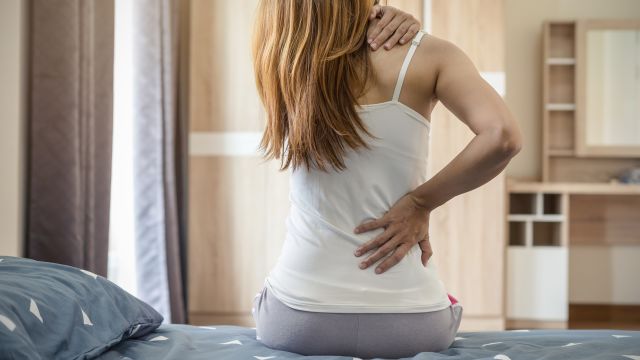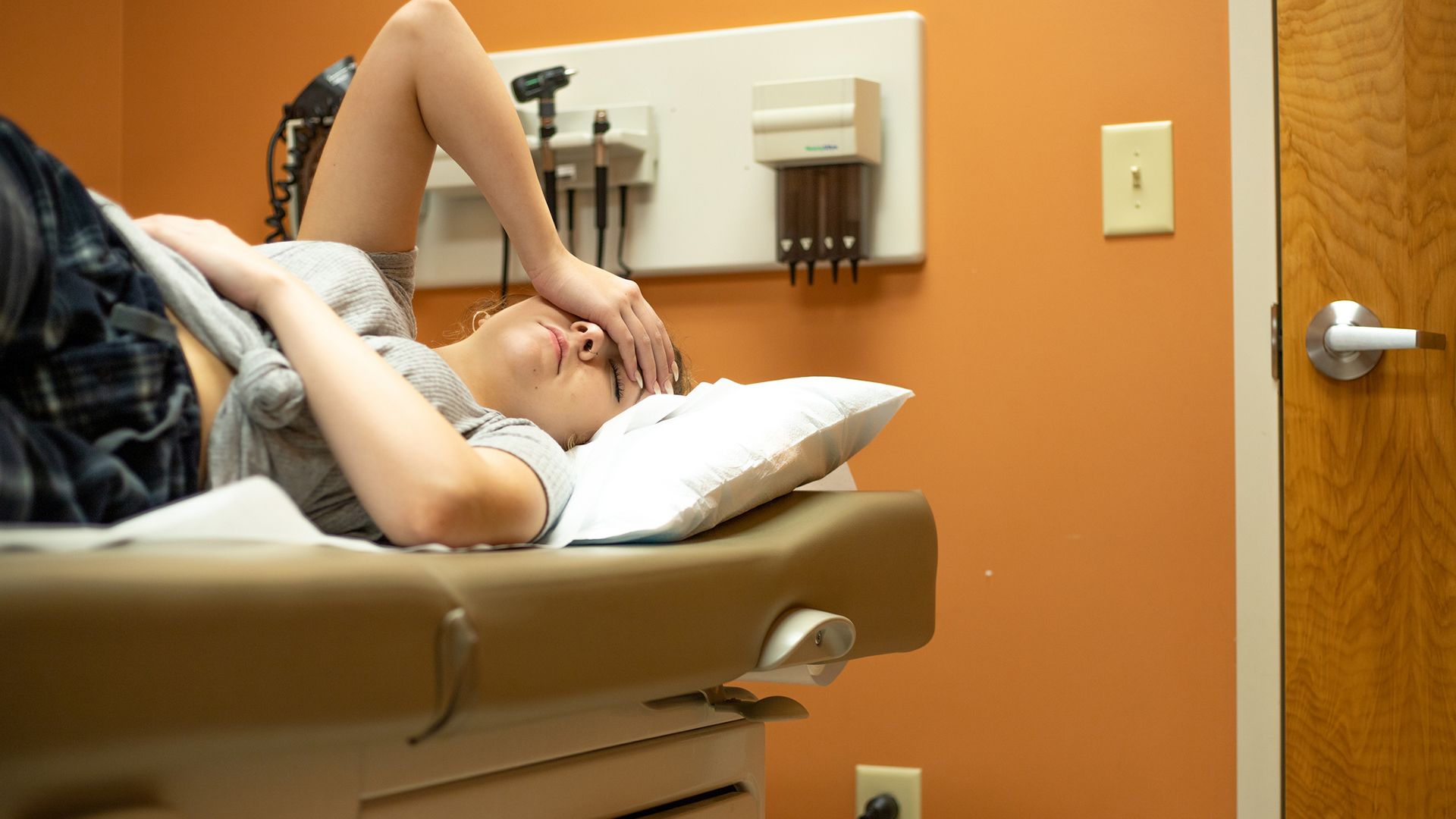Anyone who has lived with ulcerative colitis (UC) for any length of time will know that the disorder can be painful. One of the two main types of inflammatory bowel disease (IBD), ulcerative colitis can cause a number of painful GI symptoms—cramping, straining with bowel movements, constipation, diarrhea that may or may not be bloody.
There are also painful complications that can occur as a result of having IBD—narrowing and blockages in the intestine (called strictures), painful infections resulting from fistulas (holes in the intestinal wall), gas and bloating due to gut bacteria overgrowth (called small intestinal bacterial overgrowth, or SIBO).
Some people with IBD also experience pain in areas of the body outside of the bowels. Here, we look at a few examples of non-bowel pain that can affect the joints and bones of people who are living with IBD.
Joint pain
Arthritis is an umbrella term for a group of over 100 conditions that affect the joints—the points on the body where a bone connects to another bone. Pain, swelling, stiffness, and reduced mobility are all symptoms of arthritis. These symptoms can affect any joint in the body—the small joints in the hands and feet, larger joints like the knees and elbows, and even the joints between the vertebrae that make up the spinal column.
IBD-associated arthritis is a type of inflammatory arthritis. With inflammatory arthritis, pain, swelling, and stiffness in the joints is the result of proinflammatory immune cells attacking the tissues of the joints. With some types of arthritis, joint pain may get worse when a person is experiencing a flare of IBD symptoms. In other cases, a person may experience joint pain for several years before they experience IBD symptoms.
It is estimated that as many as 30 percent of people with IBD have some form of arthritis. Also, arthritis affects people with IBD at younger ages than it typically affects people without IBD.
It is also worth noting that people experience joint pain for a wide variety of reasons—it’s not always a sign or symptom of arthritis. If you are experiencing joint pain, the best thing you can do is see a healthcare provider for an exam.
Bone pain
Bone loss, low bone density, and softening of the bones are common complications of having IBD. These complications can be a side effect of long-term treatment with corticosteroid medications, damage to the bones caused by inflammation, and vitamin D deficiency. Changes in bone density can cause back pain, changes in posture, and fractures.
Your healthcare providers can conduct tests to check your bone density, as well as tests to check for vitamin deficiencies. You should also talk to your healthcare providers about strategies to keep your bones healthy. And of course, see your healthcare providers if you are experiencing any bone pain.
Chest pain
Ribs may not be the first part of your body that you think of when you think of your joints, but the ribs are connected by joints, and these joints can become inflamed and painful. This condition is called costochondritis.
Chest pain is something that should be taken seriously and discussed with your healthcare providers, as it can be a symptom of cardiovascular disease. People with UC are at an increased risk of cardiovascular disease. People with UC are more likely to have heart attacks—and have heart attacks at younger ages.
Your healthcare team should also be regularly checking your cholesterol levels, blood glucose levels, and blood pressure, all of which are important indicators of cardiovascular health.






